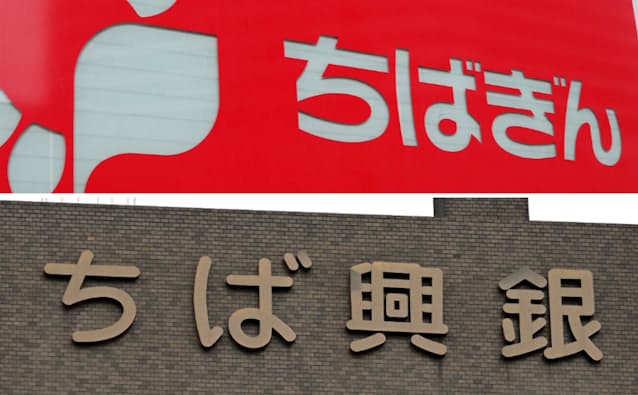Chiba Bank and Chiba Kogyo Bank, two prominent Japanese financial institutions, have reached a foundational agreement on a pending merger. It's a major development aimed at streamlining operations and enhancing efficiency in an increasingly competitive banking sector. While the timeline and specific details of the merger remain under discussion, the deal signals a potential paradigm shift within the domestic banking industry.
Japan's banking sector, in recent times, has faced inclement economic conditions including super-low interest rates and a shrinking population. Such mergers not only symbolize the efforts to consolidate operations for more efficient functioning, but also reflect a strategic move given the competitive global environment. Most locals favour stability and efficiency in banking, as it directly impacts their savings and daily transactions.
In the US or EU, bank mergers are common and usually occur for the same reasons: greater efficiency, reduced operating costs, and competitive strategy. However, additional driving factors can be regulatory changes or market saturation. Both regions have robust regulations governing such merges to prevent over-consolidation and ensure competition.

